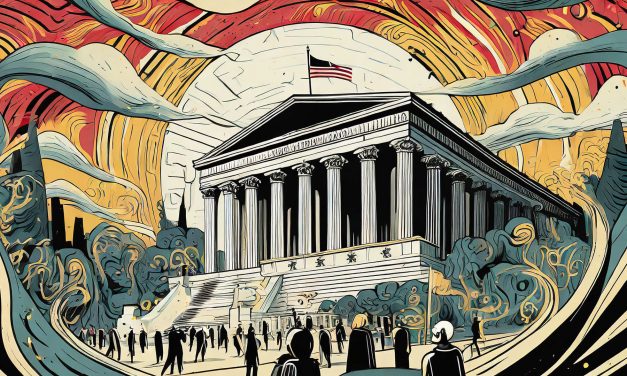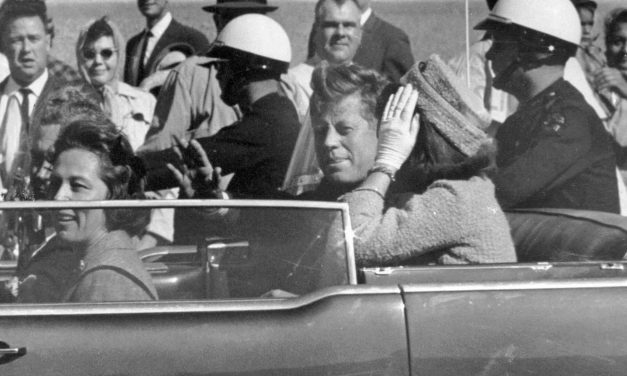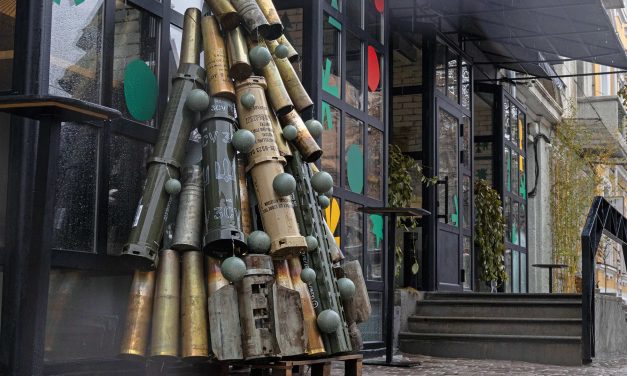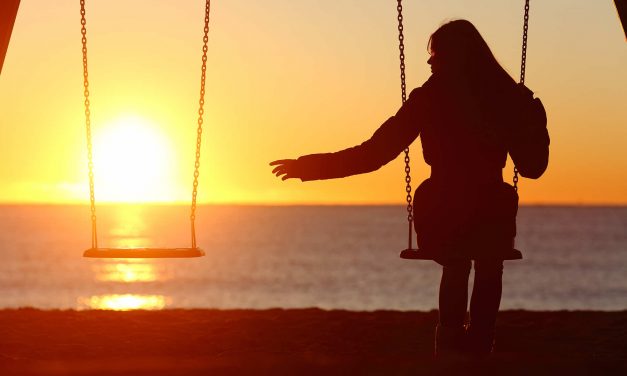Immoral minority: Why SCOTUS puts First Amendment rights for Christians before equal protection for all
By Pauline Jones, Professor of Political Science, University of Michigan; and Andrew Murphy, Professor of Political Science, University of Michigan When the Supreme Court ruled in 303 Creative v. Elenis in 2023 that a businessperson could not be compelled to create art that violates their religious beliefs, specifically a wedding website for a same-sex ceremony, supporters of the decision celebrated it as a victory for freedom of religion and expression. On the day the ruling was issued, the conservative Family Research Council called it “the latest in a trend of victories for free speech and religious liberty,” while the...
Read More















